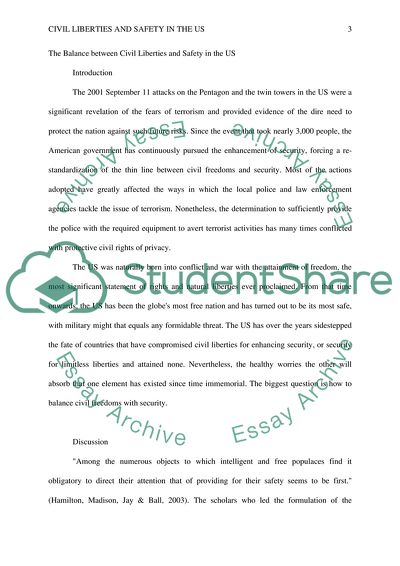Cite this document
(Civil Liberties and Safety in the US Essay Example | Topics and Well Written Essays - 2000 words, n.d.)
Civil Liberties and Safety in the US Essay Example | Topics and Well Written Essays - 2000 words. https://studentshare.org/law/1879268-bombs
Civil Liberties and Safety in the US Essay Example | Topics and Well Written Essays - 2000 words. https://studentshare.org/law/1879268-bombs
(Civil Liberties and Safety in the US Essay Example | Topics and Well Written Essays - 2000 Words)
Civil Liberties and Safety in the US Essay Example | Topics and Well Written Essays - 2000 Words. https://studentshare.org/law/1879268-bombs.
Civil Liberties and Safety in the US Essay Example | Topics and Well Written Essays - 2000 Words. https://studentshare.org/law/1879268-bombs.
“Civil Liberties and Safety in the US Essay Example | Topics and Well Written Essays - 2000 Words”. https://studentshare.org/law/1879268-bombs.


